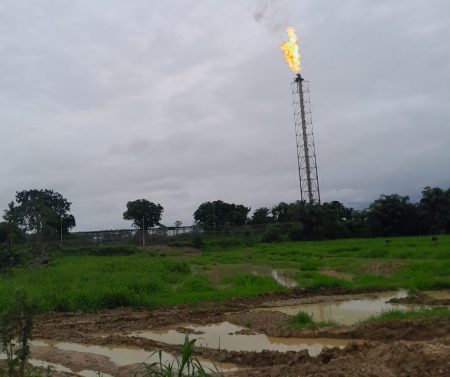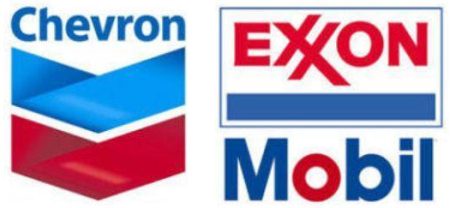21 August 2011, Sweetcrude, Lagos – The Lagos Chamber of Commerce and Industry (LCCI) has urged professionals and consultants in the oil and gas sector to close ranks and ensure the passage of the Petroleum Industry Bill (PIB). The chamber also said he delay in the passage of the bill has hindered inflow of new investment in the sector.
Speaking at the 2011 Business Clinic on the Petroleum Industry Bill (PIB) in Lagos, the president of LCCI, Otunba Femi Deru said the delay has also slowed down activities of the International Oil Companies (IOCs).
Acccording to him, operators needed to show interest in the bill and be prepared to engage the authorities (including the National Assembly) on issues that could enrich the content of the bill.
He said: “Stakeholders should be engaged by the government so that the bill can be acceptable to all and guarantee workability in the oil and gas sector,” emphasizing that the petroleum sector accounted for 80 per cent of government’s revenue and at least 90 per cent of the nation’s export earnings.
The managing partner, the Chancery Associates, Emeka Okwuosa, also said that it was essential for the PIB to be passed into law by the National Assembly, as it was time-bound. He added that non-passage of the bill was impacting negatively on the nation’s economy. According to him, the bill would have increased government’s revenue to more than N105.4 trillion yearly.
“It is left for the audience to imagine the colossal loss the federal government is suffering on a daily basis over a period of more than 10 years, due to non- passage of the PIB by the National Assembly.”
The principal partner, Lube Services Associates, Kayode Sote, in his contribution said the strength of the bill was anchored on good governance, transparency and efficient running of the oil and gas industry which would lead to increased accruable revenues from the nation’s natural endowment for the overall benefit of Nigerians in general and the oil-producing Niger Delta region in particular.
He said that Nigeria loses about 300,000 barrels of crude oil daily through bunkering, syndicated oil theft and pipeline vandalisation in the Niger Delta region.




